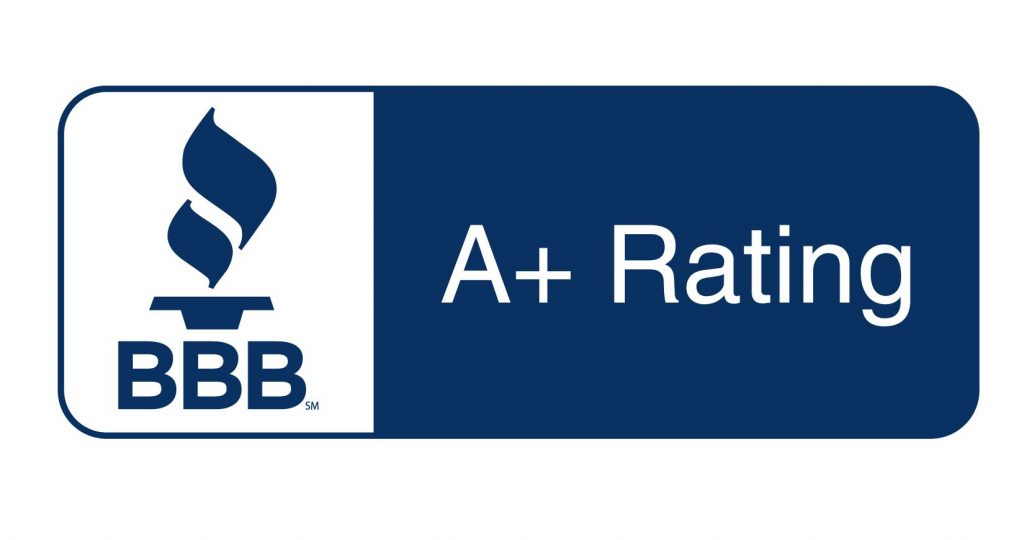Figuring out Medicare can be daunting even for the savviest seniors. To help you make the Medicare process less complicated and make an informed decision, here are the top 3 things you need to know about Medicare as a new Medicare beneficiary.
Enrollment Periods
There are a couple of other Medicare enrollment periods in addition to the standard 7-month Initial Enrollment Period (IEP). For many, Medicare Part A enrollment is automatic. Enrollment in Part B can also be automatic. However, suppose you have to manually enroll in Part B but missed enrolling during your Initial Enrollment Period. In that case, you can enroll during the General Enrollment Period (GEP) that runs from January 1 to March 31. Your Medicare coverage will then start on July 1. However, you may be required to pay a permanent 10 percent penalty for each 12-month period you do not enroll in Medicare Part B.
If you are covered by an employer’s health insurance plan, you can delay your Medicare enrollment and enroll during a Special Enrollment Period (SEP) without penalty. Anyone that misses signing up during the SEP will have to wait until the GEP to enroll.
During the Annual Enrollment Period, you can change Medicare plans or switch between plans such as Medicare Advantage to Original Medicare and vice versa. This period starts on October 15 and ends on December 7, but you must first be enrolled in Medicare before you can use this enrollment period.
Understand the Parts of Medicare
Medicare has four parts: Medicare Part A, B, C, and D. Each part provides different healthcare coverage:
- Medicare Part A: This is hospital insurance that helps cover inpatient hospital care, home health care, hospice, and skilled nursing care.
- Medicare Part B: This is your medical insurance, and it covers your outpatient services, doctor visits, doctor services, and preventive services.
- Medicare Part C: This is also known as Medicare Advantage, and it is provided through Medicare-approved private health insurance companies. This plan combines both Medicare Part A and Part B (Original Medicare) coverage and usually includes additional benefits like prescription drug coverage.
- Medicare Part D: This is a Medicare prescription drug insurance plan that helps cover the cost of prescriptions. It is also provided by private health insurance companies approved by Medicare.
Basic Medicare Terminology
Medicare terminology is one of the most important things you should learn as a new Medicare beneficiary. When first looking at the Medicare process, you may come across many terms you are not familiar with. But, when you learn the basic Medicare terminology, it can be less confusing.
For instance, understanding the difference between terms like “copayment” and “premium” will go a long way in helping you navigate your Medicare coverage. There are a lot of resources available online that can help you learn the basic Medicare terminology. Moreover, you can contact Carolina Senior Benefits for help.
Have Questions? We Can Help!
Carolina Senior Benefits has experienced Medicare professionals who can answer all of your Medicare questions. Contact us today for more information!





